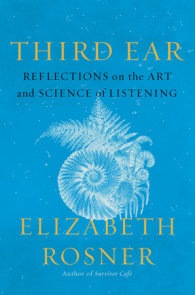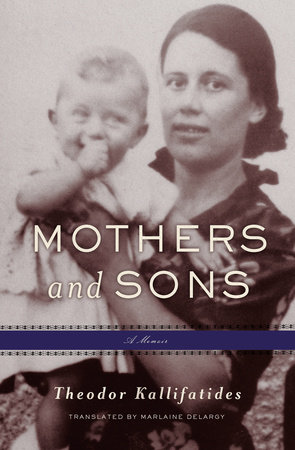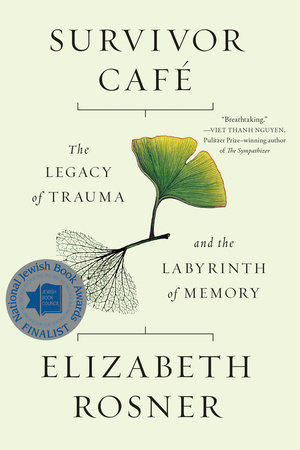

Survivor Café
By Elizabeth Rosner
By Elizabeth Rosner
By Elizabeth Rosner
By Elizabeth Rosner
Category: European World History
Category: European World History

-
$16.95
Sep 04, 2018 | ISBN 9781640091078
-
Sep 01, 2017 | ISBN 9781640090095
YOU MAY ALSO LIKE

Naples 1343
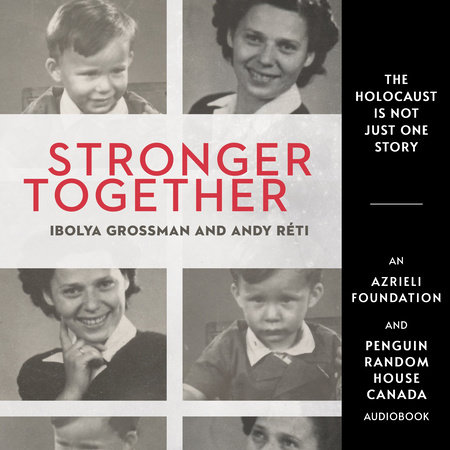
Stronger Together

Too Great a Sky

Spare
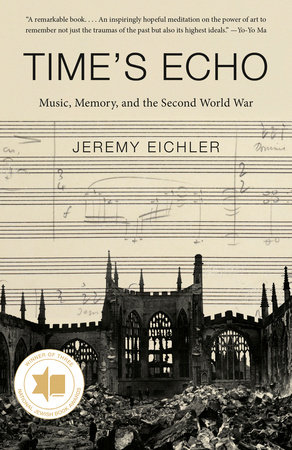
Time’s Echo
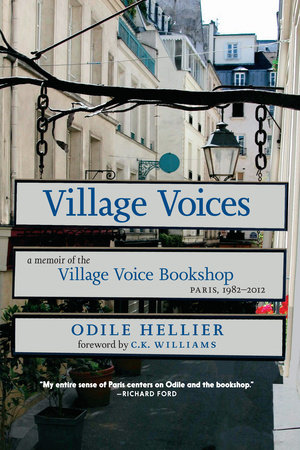
Village Voices
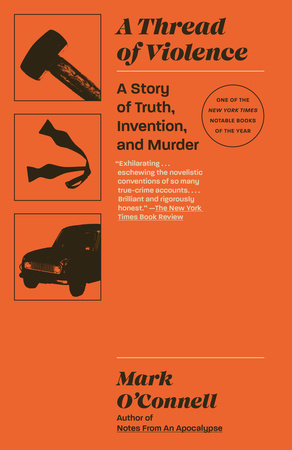
A Thread of Violence
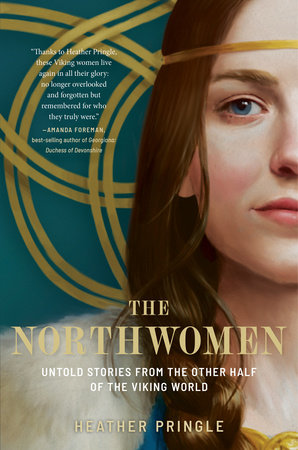
The Northwomen
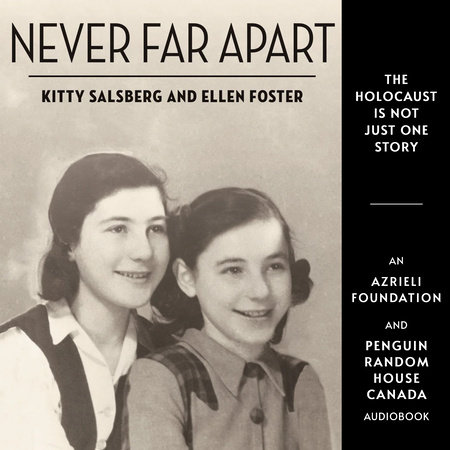
Never Far Apart
Praise
Praise for Survivor Café
Finalist for the National Jewish Book Award
San Francisco Chronicle, A Best Book of 2017
East Bay Times, A Most Notable Nonfiction by Bay Area Authors Selection
“Mixing the personal with the historical and the literary with the scholarly, Rosner achieves a breathtaking overview of events as varied as the Holocaust, the Vietnam War, the Rwandan genocide, and Japanese American internment. Her impressive, highly readable Survivor Café takes on important issues of atrocity, trauma, and memory, rendering them all with such great clarity and intimacy that the reader will not soon forget them, or this powerful book.” —Viet Thanh Nguyen, Pulitzer Prize–winning author of The Sympathizer
“Rosner’s memoir, which combines moving personal narrative with illuminating research into the impact of mass trauma on a personal and cultural scale, is imbued with urgency, sincerity, heartache, and heart.” —San Francisco Chronicle, 1 of 100 Best Books of 2017
“There’s been a slew of research examining the genetic effects of psychological trauma, but author Elizabeth Rosner is among the first to take a deep dive into the personal implications of such inheritance with her stunning new book, Survivor Café: The Legacy of Trauma and the Labyrinth of Memory.” —Orange County Register
“In deep fissures and dark alleys having to do with multigenerational trauma, anti–Semitism, racism, terrorism, torture, death and loss, Berkeley writer Elizabeth Rosner uncovers, improbably, hope and connection.” —The Mercury News
“Survivor Café is a beautifully expressed personal examination of how trauma is passed down through generations…An exquisite read.” —The Daily Gazette
“This is a personal exploration for Rosner, but also an exploration of the commonalities found in the children of survivors.” —Read it Forward
“Survivor Café is an exercise in mapmaking, in identifying convergent paths in apparently disparate legacies left by the world’s humanitarian disasters . . . [Rosner] asks us to look inside ourselves, to learn from the past, to forgive, and to understand the deep connections binding us to our past, our future, and to all other things.” —Lilith Magazine
“Rosner demonstrates a rare blend of scholarly assessment and personal revelation, tempering her singular passion with an encompassing mercy. In this important and vital contribution to the conversation about legacy and responsibility, Rosner distills the magnitude of such burdens and defines the scope of memorialization with an elegance and eloquence that reverberates with both depth and nuance.” —Booklist (starred review)
“A thoughtful, probing meditation on the fragility of memory and the indelible inheritance of pain.” —Kirkus Reviews
“Novelist Rosner (Electric City) shines an unblinking light on the most horrific of 20th–century crimes and asks: What is the intergenerational legacy of trauma? . . . She considers art, anniversaries, memorials, and psychotherapy, but the most powerful technique she finds for dealing with trauma is simply telling the story behind it . . . Themes of memory, language, and the bodily imprint of trauma are powerful, as are Rosner’s accounts of revisiting Buchenwald with her father . . . Rosner’s conclusions—that powerful suffering must be communicated before healing can occur and that the most profound of human atrocities must be acknowledged so that their like does not happen again—open the door to understanding and, optimistically, show a path to peace.” —Publishers Weekly
“This is the book that clinicians and patients alike have been waiting for. Rosner seamlessly integrates the latest research on intergenerational trauma with her own deeply moving personal account. The result is a true advancement in the field, a must–read that is rich, accessible, compelling, and informative.” —Joshua Simmons, Psy.D., Clinical Psychologist and Candidate in Analytic Training at the C.G. Jung Institute of San Francisco
“Using her experiences as a child of Holocaust survivors, [Rosner] navigates the audience through the realms of epigenetics, psychotherapy, history, and philosophical struggles to bring something unique to the study of trauma . . . These personal recollections provide a dimension that softens some of the most indigestible theories and concepts that we have come to associate with memory, psychology, psychoanalysis, trauma, and history . . . paving the way for future studies.” —Ellis Spicer, Reviews in History, Institute of Historical Research
“In Survivor Café, Elizabeth Rosner brilliantly captures both the enormity of war and its enduring aftershocks—the devastating legacies for victims, perpetrators, and societies who suffer through and beyond it. A mixture of history, personal narrative, and research, the book expertly documents how atrocities are passed down through generations and how we may find ways to contain this pernicious inheritance. Survivor Café is a vital, living document that proves the end of war is far from the end of the battle.” —Andrew Carroll, editor of the New York Times bestsellers War Letters and Behind the Lines
“Using the Holocaust as a focal point, Survivor Café renders a profound and unflinching portrait of trauma and the memory of trauma, the consequences of inhumanity, atrocities that do not end with one generation but are inherited as nightmare, memory, and affliction, passed on to the next generation and the next and the next. With vivid stories and brilliant insights, this book must be required reading for those who want to understand not just our collective history but the present moment.” —Susan Griffin, award–winning author of A Chorus of Stones
21 Books You’ve Been Meaning to Read
Just for joining you’ll get personalized recommendations on your dashboard daily and features only for members.
Find Out More Join Now Sign In







